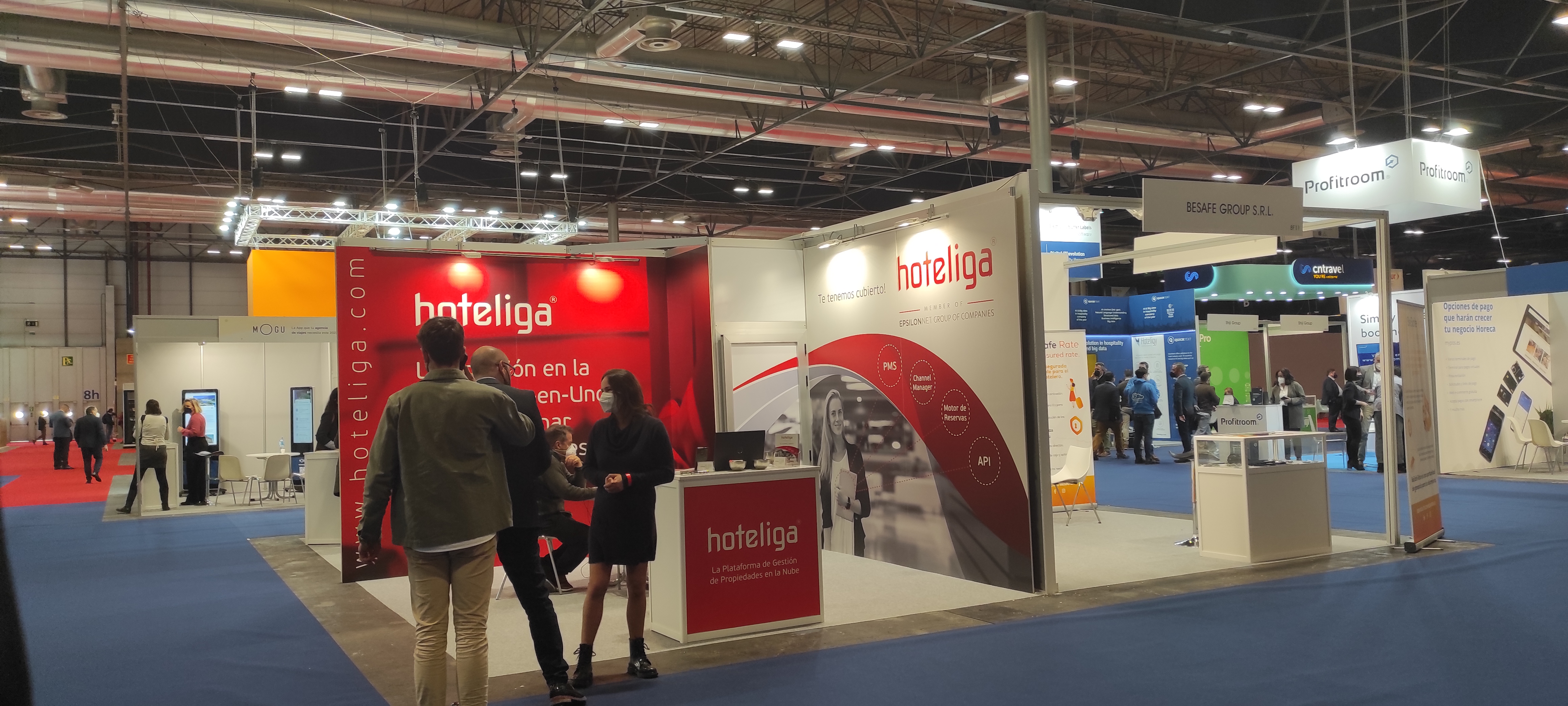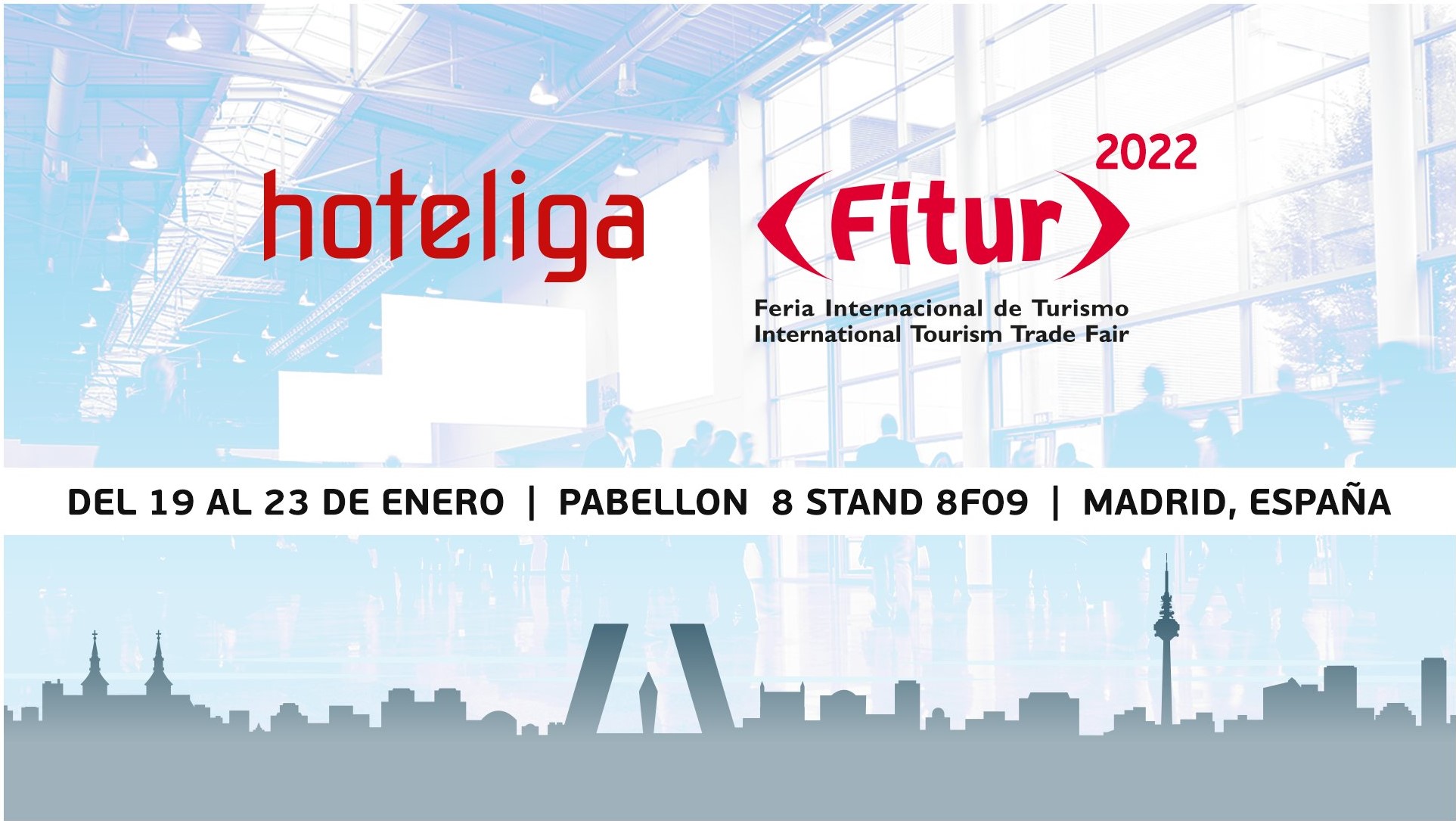
How an Eco-Friendly Environment is Beneficial For Your Guests' Health
Sustainability has quickly become a priority for businesses and consumers alike. Companies across industries are making efforts to become more environmentally conscious, including the hospitality sector. From restaurants to hotels, many organizations are finding ways to reduce their carbon footprint and improve the customer experience.
Consumers have become savvier about environmental issues and they’re using their wallets to speak. One report finds two-thirds of consumers will pay more for eco-friendly products. Green goods benefit the environment and the health of patrons and this article will outline why sustainable environments benefit guests’ health at hotels.
1. Outdoor Air Quality
An eco-friendly environment starts before guests walk through the front door. Customers come from all over the country and others may come from other countries. They often arrive in cars, contributing to pollution from emissions if the vehicle has an internal combustion engine (ICE).
Eco-friendly hotels can improve guest health by offering electric vehicle (EV) charging stations for guests with an EV or hybrid car. Attracting more EVs is beneficial because they have zero tailpipe emissions compared to ICE cars. Green-minded hotels also benefit their customers by providing shuttle services to public transit hubs like metro stations and airports. Using a bus is better for the environment than multiple low-occupancy vehicles coming and going throughout the day.
2. Indoor Air Quality
Once they enter the building, guests reap the benefits of improved indoor air quality (IAQ). Eco-friendly hotels have features that will enhance the air your customers breathe so they feel refreshed when they walk through the lobby to their room. One way to control the IAQ is with an air purifier in each room. These machines eliminate dust, bacteria, pollen and other unwanted contaminants in the air.
Another way to improve the IAQ in an eco-friendly way is to reduce the amount of volatile organic compounds (VOCs). These chemicals are present in outdoor and indoor environments but are up to a thousand times more prevalent indoors.
VOCs come from many everyday items, but they’re frequently in the paint on the walls. Short-term VOC exposure can cause dizziness, headaches and throat, nose and eye irritation for guests. Eco-friendly hotels use low or zero-VOC paint and cleaning products to improve the IAQ.
3. Sleep Quality
When guests arrive, they want a reliable place to sleep for the night and prepare for the next day. Whether for business or enjoyment, the quality of guests’ sleep matters significantly in their satisfaction. Excellent IAQ can improve the environment around customers and help them sleep better at night.
There is a correlation between air and how it affects sleep quality. One study showed how poor ventilation can cause carbon dioxide to build up and affect a person’s function the next day. A lack of proper air quality can cause a person to have trouble falling asleep, not get restful sleep and receive adverse effects from indoor pollution. Make sure you ventilate your hotel and its rooms well to improve the depth of sleep your guests receive.
4. Productivity
Hotels are excellent places for people to rest, whether on vacation or traveling for business. With remote work becoming the norm, more workers are taking their jobs on the road. The flexibility allows them to work from anywhere, including your hotel. Some hotels throughout the year host business conferences for companies and organizations. Choosing an eco-friendly environment helps guests improve their productivity.
Air quality affects guests when they sleep and when they start their day. A study from Harvard University found less ventilation and higher CO2 levels led to a slower response time and lower scores on cognitive tests, even in the short term. Whether in a hotel or office, employees spend a lot of time inside, so they need an eco-friendly environment with high-quality air.
5. Local Economy
Eco-friendly hotels help the environment around them and the local economy. Nowadays, supply chain disruptions have made operations more difficult for hotels and other businesses in the hospitality industry. The supplier you use for food and goods takes longer or has increased prices, so one solution eco-friendly hotels take is to shorten the supply chain.
Hotels looking for a sustainable environment should source food from local vendors, such as farmers. These growers can give you daily fresh fruit for your guests, giving them food with more vitamins and minerals than products from another part of the country that took days to travel. As the saying goes, a rising tide lifts all boats. When a hotel features local growers, they help the local economy and your guests.
6. Water Consumption
Another way hotels can benefit their guests is with environmentally conscious water systems. Climate change has negatively affected countries worldwide by worsening droughts. For example, in the United States, the western part of the country is facing its worst 22-year drought in nearly 2,000 years. These concerns have led cities like Los Angeles, Las Vegas and other Southwest areas to limit water consumption.
An eco-friendly environment is critical for adhering to these standards. In hotels, you can install smart shower systems to give guests a predetermined time to have the water on before it cuts off. Other ways to lower water usage include installing aerators in the sinks and replacing toilets with low-flow models. Being mindful of water consumption is critical because it mitigates the effects of ongoing droughts and water shortages in your area.
7. Paper and Plastic Waste
Those water conservation strategies are an excellent way to be conscious about the environment, but it doesn’t have to stop there. Another way to think green in your hotel is with improved waste management practices. For example, you can start with water. Instead of using water bottles, give guests refillable bottles and let them use filtered water dispensers. Bottled water has its uses, but it uses nearly 3,500 times more resources than tap water.
Other sources of waste in the hospitality industry include paper and plastic. They may seem necessary for food and drink uses, but there are alternatives. You could provide guests with reusable mugs instead of paper or styrofoam cups for coffee. Reusable materials make your hotel more sustainable and cut supply costs because you won’t have to reorder straws, plates and plastic silverware constantly.
Helping Guests and Their Environment
In the 21st century, sustainability has become a must-have feature for the hospitality industry. Consumers want to spend their money on places that are making conscious efforts to support the environment. Hotels can benefit their patrons significantly by implementing green features, such as reusable water bottles and excellent indoor and outdoor air quality. These aspects help the environment and improve the health of customers.














